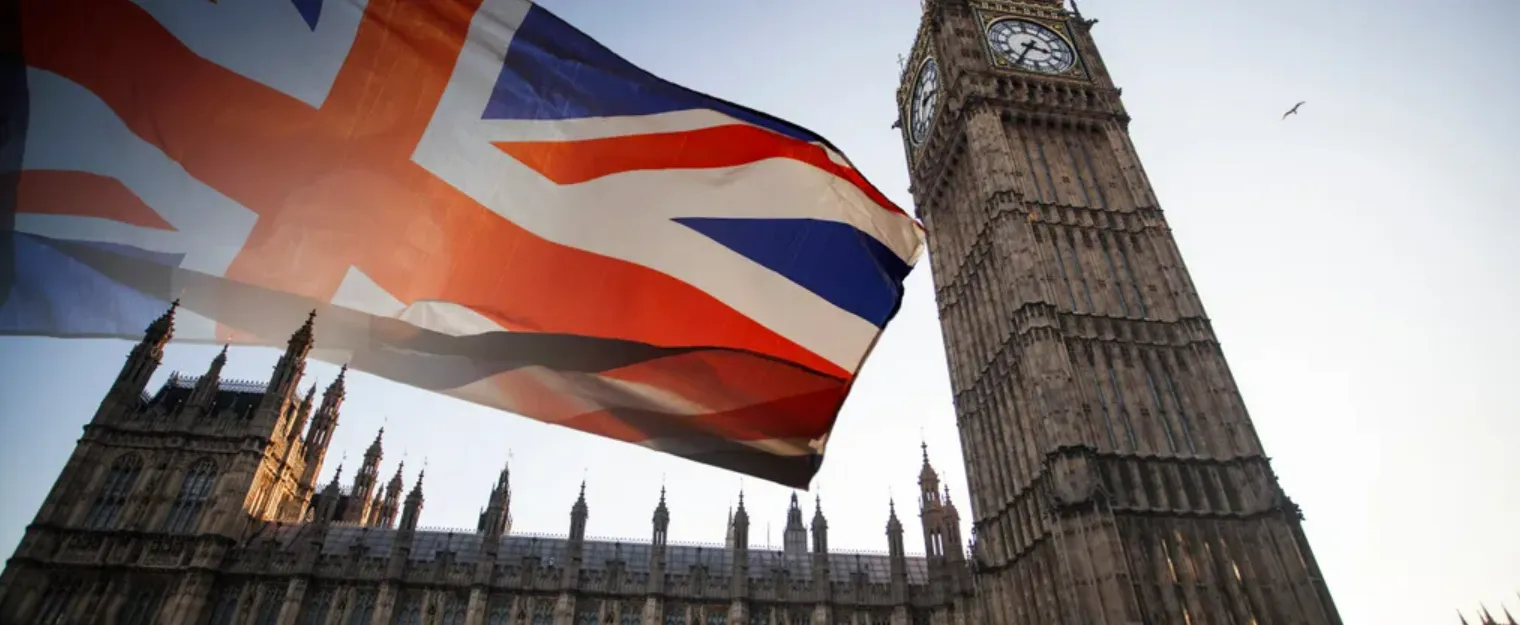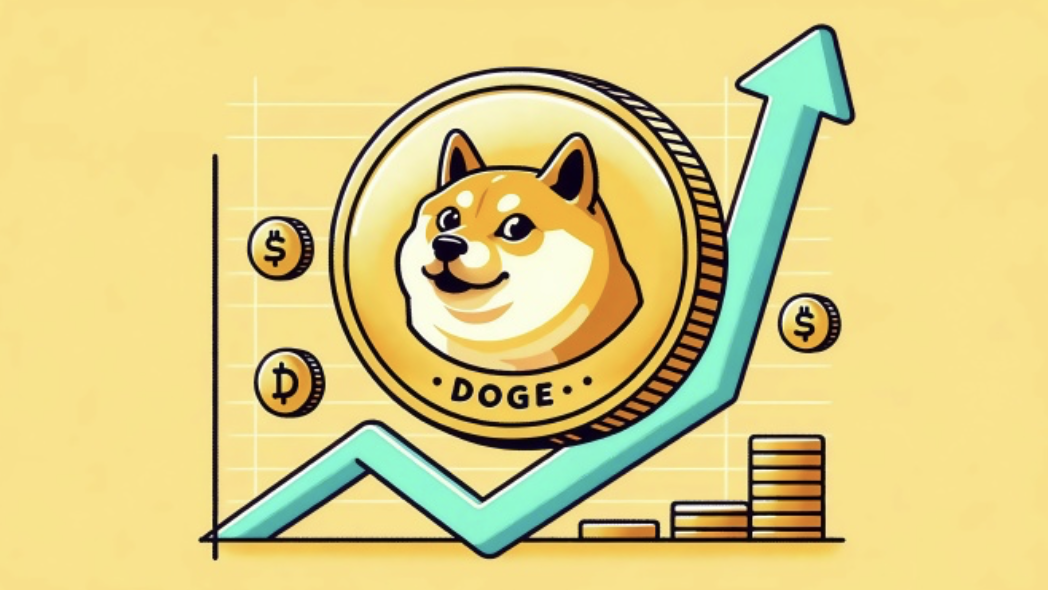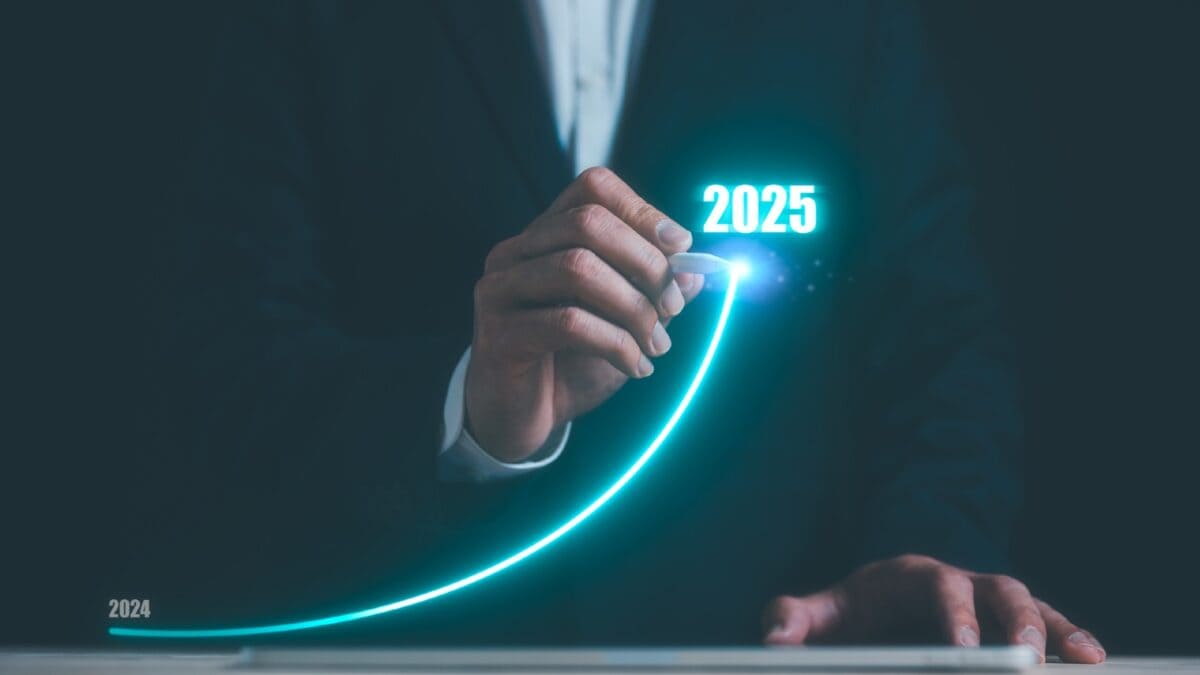Image source: Getty Images
One look at a long-term share price chart of abrdn (LSE: ABDN) would be enough to scare away many potential investors. Over the past 10 years, the stock has collapsed nearly 80% and it has long been relegated to the FTSE 250. But in the same way as a great company with a crazy valuation can sometimes make a bad investment, so the opposite also runs true.
Continuing woes
Its latest trading update back in October showed that the company continued to see redemptions from its funds exceed deposits. Since 2022, net outflows have totalled over £25bn.
Over the last few years, active fund managers have really struggled to match the stellar returns of passive investing strategies. Basically, unless a manager is invested in US equities and in particular the Magnificent 7 stocks, they had no chance of beating the market.
Undoubtedly, last year was a tough year for UK-listed equities. It was a similar story for most of the companies in the S&P 500 too. A risk-free rate of up to 5% from the Treasury market meant that investors had a real choice of where to put their money. Unless rates come down significantly in 2025, this trend will undoubtedly curtail fund inflows.
A shining beacon
Research from the Office for National Statistics, shows that today only 4% of pension funds and insurance companies hold assets in UK equities. This is down from the nearly 50% level of 30 years ago.
This long-term structural shift in capital allocation among institutional investors has forced the business to diversify in order to get closer to the end investor. interactive investor (ii), its direct-to-consumer (D2C) offering, has shown remarkable growth since it was acquired.
In H1 of 2024, ii delivered 4% organic customer growth to 422,000. Within this, SIPP accounts grew 17%. Net inflow of assets was 10% more than the whole of 2023.
Whether ii can ever become as big as Hargreaves Lansdown is debatable. Either way, I expect the D2C market to grow significantly in the coming years.
Active management
Despite the runaway success of ii, only a return to growth in both abrdn’s investments and adviser divisions is going to move the needle on its share price.
The recent spike in UK gilts, to their highest levels since 2008, portend challenging times ahead. US Treasuries have also been rising.
To me, what this volatility in the bond market is highlighting is the importance of having an active investment strategy. abrdn is a leader in this space. In H1, 89% of its bond funds outperformed a benchmark.
If equities begin exhibiting increased volatility too, then the dominance of passive investing flows could start being tested. With 73% of the MSCI World Index in US stocks, and the Magnificent 7 making up 23% of the entire index, then pretty much everyone is on one side of the boat.
I don’t know if the US stock market is going to crash, but what I do envisage is heightened volatility in the years ahead. And active managers thrive on volatility.
abrdn is a risky play. But with an 11% dividend yield on offer and a share price in the doldrums, I am starting to see real value, which is why I snapped up some more of its shares recently.
Credit: Source link













